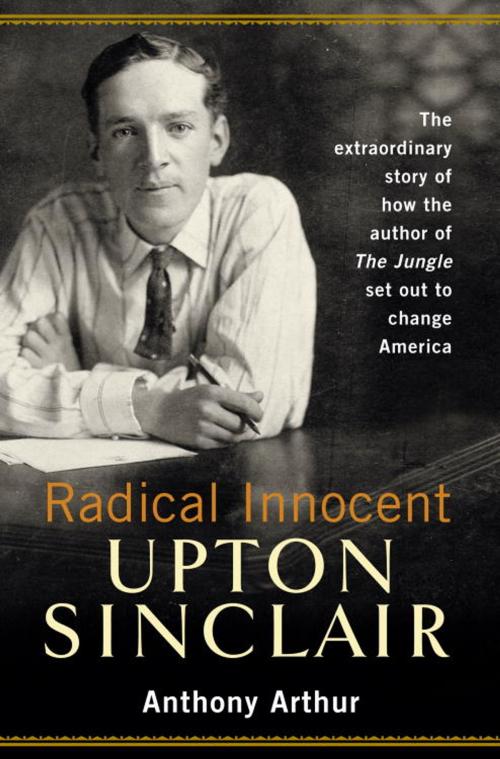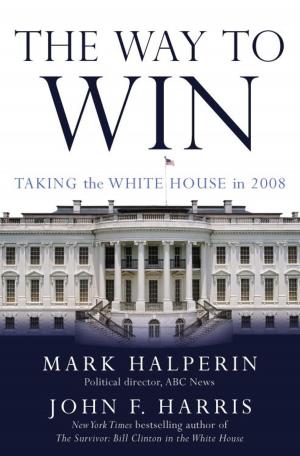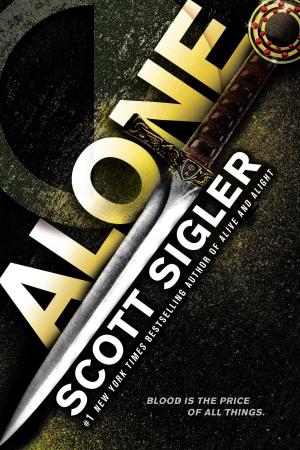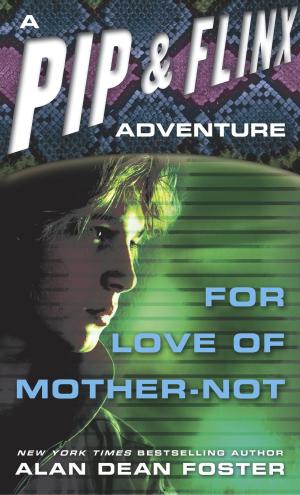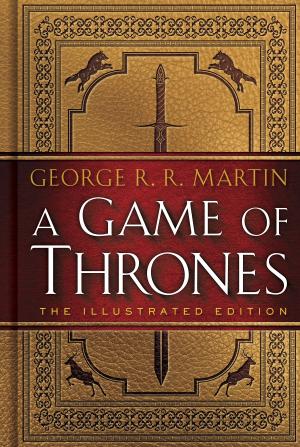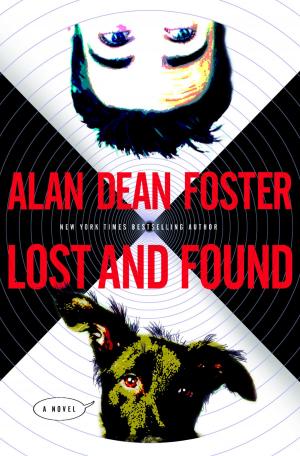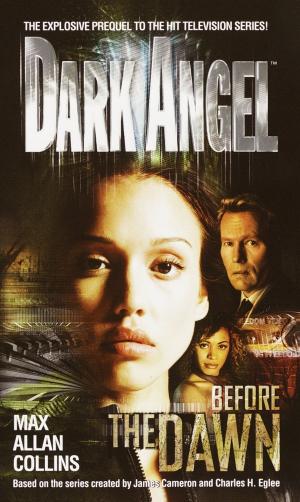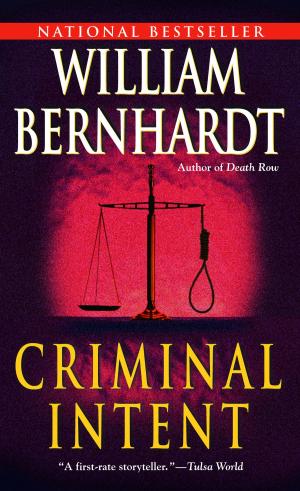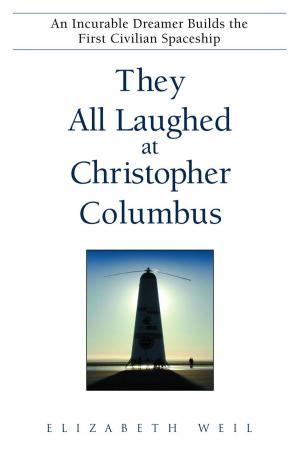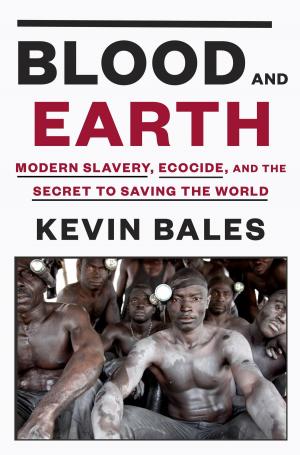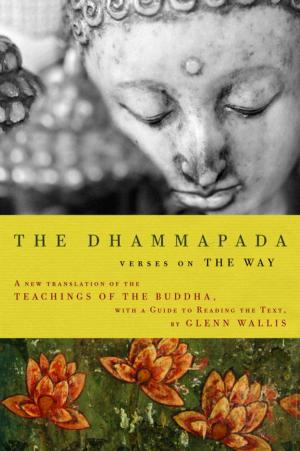Radical Innocent: Upton Sinclair
Nonfiction, History, Modern, 20th Century, Fiction & Literature, Essays & Letters, Biography & Memoir, Literary| Author: | Anthony Arthur | ISBN: | 9780307431653 |
| Publisher: | Random House Publishing Group | Publication: | December 18, 2007 |
| Imprint: | Random House | Language: | English |
| Author: | Anthony Arthur |
| ISBN: | 9780307431653 |
| Publisher: | Random House Publishing Group |
| Publication: | December 18, 2007 |
| Imprint: | Random House |
| Language: | English |
Few American writers have revealed their private as well as their public selves so fully as Upton Sinclair, and virtually none over such a long lifetime (1878—1968). Sinclair’s writing, even at its most poignant or electrifying, blurred the line between politics and art–and, indeed, his life followed a similar arc. In Radical Innocent: Upton Sinclair, Anthony Arthur weaves the strands of Sinclair’s contentious public career and his often-troubled private life into a compelling personal narrative.
An unassuming teetotaler with a fiery streak, called a propagandist by some, the most conservative of revolutionaries by others, Sinclair was such a driving force of history that one could easily mistake his life story for historical fiction. He counted dozens of epochal figures as friends or confidants, including Mark Twain, Jack London, Henry Ford, Thomas Mann, H. G. Wells, Theodore and Franklin Roosevelt, Albert Einstein, Charlie Chaplin, Albert Camus, and Carl Jung.
Starting with The Jungle in 1906, Sinclair’s fiction and nonfiction helped to inform and mold American opinions about socialism, labor and industry, religion and philosophy, the excesses of the media, American political isolation and pacifism, civil liberties, and mental and physical health.
In his later years, Sinclair twice reinvented himself, first as the Democratic candidate for governor of California in 1934, and later, in his sixties and seventies, as a historical novelist. In 1943 he won a Pulitzer Prize for Dragon’s Teeth, one of eleven novels featuring super-spy Lanny Budd.
Outside the literary realm, the ever-restless Sinclair was seemingly everywhere: forming Utopian artists’ colonies, funding and producing Sergei Eisenstein’s film documentaries, and waging consciousness-raising political campaigns. Even when he wasn’t involved in progressive causes or counterculture movements, his name often was invoked by them–an arrangement that frequently embroiled Sinclair in controversy.
Sinclair’ s passion and optimistic zeal inspired America, but privately he could be a frustrated, petty man who connected better with his readers than with members of his own family. His life with his first wife, Meta, his son David, and various friends and professional acquaintances was a web of conflict and strain. Personally and professionally ambitious, Sinclair engaged in financial speculation, although his wealth-generating schemes often benefited his pet causes–and he lobbied as tirelessly for professional recognition and awards as he did for government reform. As the tenor of his work would suggest, Sinclair was supremely human.
In Radical Innocent: Upton Sinclair, Anthony Arthur offers an engrossing and enlightening account of Sinclair’s life and the country he helped to transform. Taking readers from the Reconstruction South to the rise of American power to the pinnacle of Hollywood culture to the Civil Rights era, this is historical biography at its entertaining and thought-provoking finest.
Few American writers have revealed their private as well as their public selves so fully as Upton Sinclair, and virtually none over such a long lifetime (1878—1968). Sinclair’s writing, even at its most poignant or electrifying, blurred the line between politics and art–and, indeed, his life followed a similar arc. In Radical Innocent: Upton Sinclair, Anthony Arthur weaves the strands of Sinclair’s contentious public career and his often-troubled private life into a compelling personal narrative.
An unassuming teetotaler with a fiery streak, called a propagandist by some, the most conservative of revolutionaries by others, Sinclair was such a driving force of history that one could easily mistake his life story for historical fiction. He counted dozens of epochal figures as friends or confidants, including Mark Twain, Jack London, Henry Ford, Thomas Mann, H. G. Wells, Theodore and Franklin Roosevelt, Albert Einstein, Charlie Chaplin, Albert Camus, and Carl Jung.
Starting with The Jungle in 1906, Sinclair’s fiction and nonfiction helped to inform and mold American opinions about socialism, labor and industry, religion and philosophy, the excesses of the media, American political isolation and pacifism, civil liberties, and mental and physical health.
In his later years, Sinclair twice reinvented himself, first as the Democratic candidate for governor of California in 1934, and later, in his sixties and seventies, as a historical novelist. In 1943 he won a Pulitzer Prize for Dragon’s Teeth, one of eleven novels featuring super-spy Lanny Budd.
Outside the literary realm, the ever-restless Sinclair was seemingly everywhere: forming Utopian artists’ colonies, funding and producing Sergei Eisenstein’s film documentaries, and waging consciousness-raising political campaigns. Even when he wasn’t involved in progressive causes or counterculture movements, his name often was invoked by them–an arrangement that frequently embroiled Sinclair in controversy.
Sinclair’ s passion and optimistic zeal inspired America, but privately he could be a frustrated, petty man who connected better with his readers than with members of his own family. His life with his first wife, Meta, his son David, and various friends and professional acquaintances was a web of conflict and strain. Personally and professionally ambitious, Sinclair engaged in financial speculation, although his wealth-generating schemes often benefited his pet causes–and he lobbied as tirelessly for professional recognition and awards as he did for government reform. As the tenor of his work would suggest, Sinclair was supremely human.
In Radical Innocent: Upton Sinclair, Anthony Arthur offers an engrossing and enlightening account of Sinclair’s life and the country he helped to transform. Taking readers from the Reconstruction South to the rise of American power to the pinnacle of Hollywood culture to the Civil Rights era, this is historical biography at its entertaining and thought-provoking finest.
